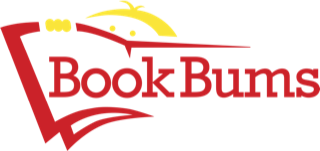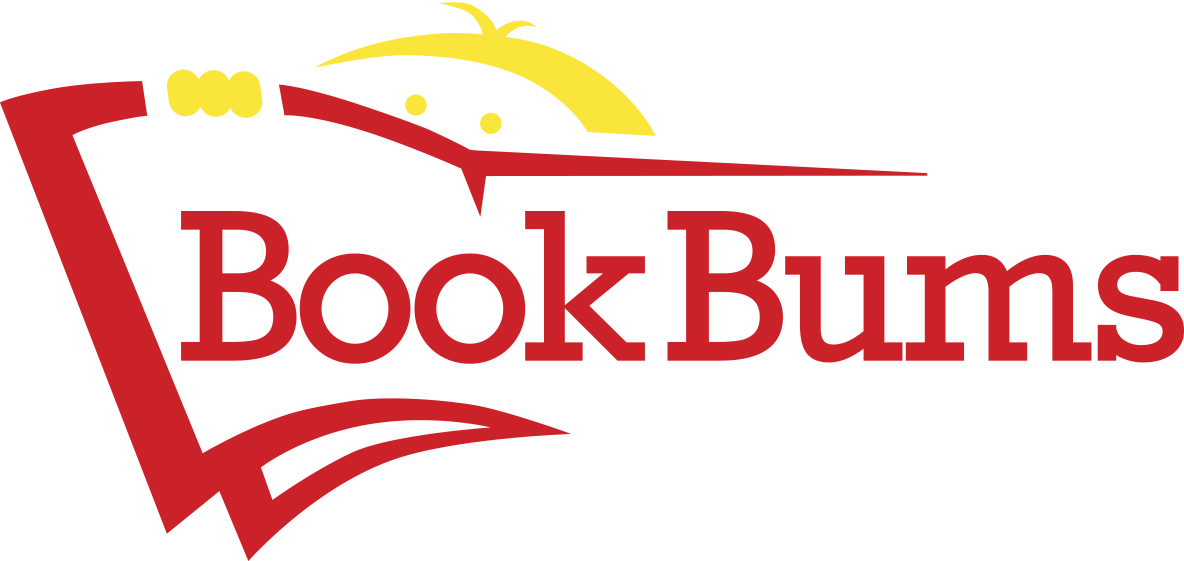
Hello Book Bums Families!
I read a book recently with a main character named Chase. Of course the word chase is also an action verb. Can you think of other first names that are also action verbs? Make it a challenge in your family on a car ride or around the dinner table. We'd love to hear what you come up with.
This week in the newsletter Dr. Christy is thinking about the x factor; she also shares some exciting news. Read on and enjoy!
Bookbums.com is an Amazon Associate; We earn from qualifying purchases. This means that if you click on a link to Amazon.com and make a purchase, We may earn a small commission at no extra cost to you. We do recommend the products. Feel free to find them by other means.
Word of the Week
alight (ah-lite) verb/action word - 1. to descend from a train, bus, or other form of transportation 2. to descend from the air and settle
I love to watch snowflakes alight and collect on the fence.
Literary Calendar
- February is Love Your Library Month!
- If you're a local reader, did you know that our MidPointe Library system has a maker space including 3D printer, board games to check out, apps for digital borrowing, and a jigsaw puzzle exchange?

From our Bookshelves
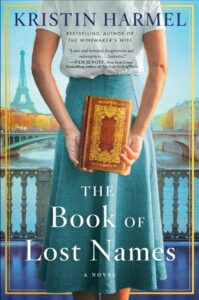
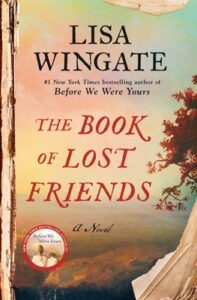
I’m not sure I’ve ever read a book and received nothing from it to justify the time and effort I invested, but one book I’m sharing today is not one I’d rush out to purchase. I am feeling some guilt for this admission. Who am I to say such a thing after all? Some folks really enjoyed it and, on Goodreads, gave it four to five stars. And those who didn’t care so much for it were bashed in the comments.
Some people can be so judgmental. (tongue-in-cheek)

Note: Tongue-in-cheek recognizes that humor and irony are at play. Though related to sarcasm, tongue-in-cheek is less harsh.
You should know that I’m not so great at recalling book titles. In fact, I was trying to order Lisa Wingate’s The Book of Lost Friends for a friend to read. As I was typing in the title, The Book of Lost Names by Kristin Harmel popped up, and I inadvertently purchased that one. I recognized that it wasn’t the book I’d intended to purchase when it arrived, so I decided to read it.
As soon as I’d gotten into it, I realized the quality was somehow off. The author used beautiful sentences.
Dawn broke an hour later, and with it, silent chaos.
I learned some interesting information.
The adventures of Tom Sawyer—(was) one of the first novels written on a typewriter.
And the story, taking place during World War II (mostly), specifically in France, yielded much I’d never considered about the French Resistance.
Most of the people Eva knew in the underground gave up a portion of their rations each month to keep the residents of the (Jewish) children’s homes nourished for the eventual journey they would take across the mountains (into Switzerland), and that meant that they all seemed to be withering to skin and bones.
And yet the book fell flat for me.
The Book of Lost Friends was fantastic, however, and now I’m determined to get to the bottom of what made one so, so good while the other gets a “It was good, I guess; but this one is so much better!” This year, I intend to learn what the x factor is. What makes some books extraordinary while some just aren’t.
Can you describe what’s happening that makes a book just “okay” while another we hold tightly to our chests and swoon?
I used to teach a children’s literature class at Xavier University. Because we had a lot of self-published authors share their books with us at Book Bums, I had lots of unfamiliar books for my grad students to separate into piles of either magical or just awful. It never failed. Everyone agreed as the books were sorted into those stacks. And yet, what is it that some books get right while others fail miserably?
Is there a rubric somewhere? Is it just something we feel? Can we put words to what makes a book good? I’d love to hear what you think.
Tips for Raising Readers and Writers
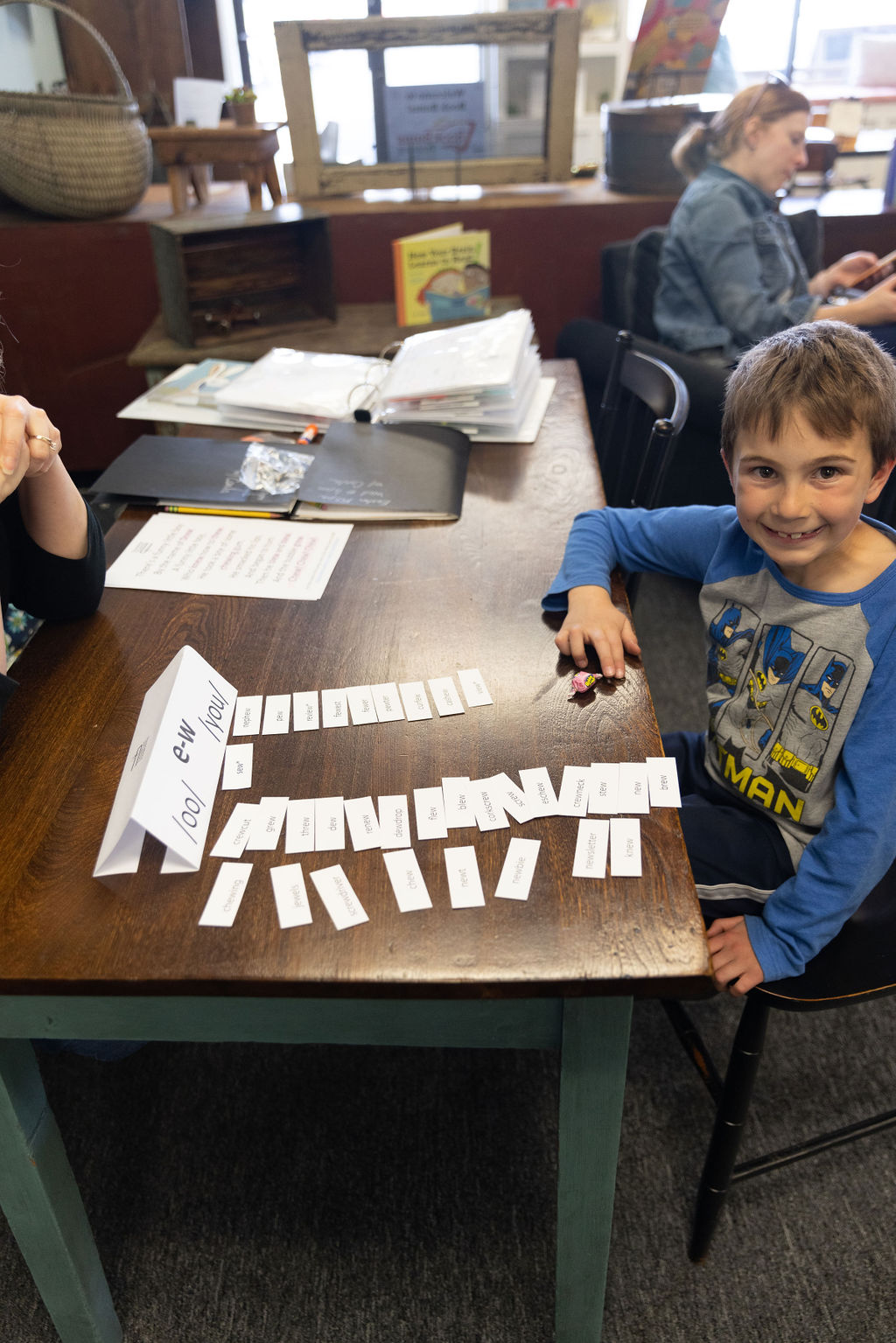
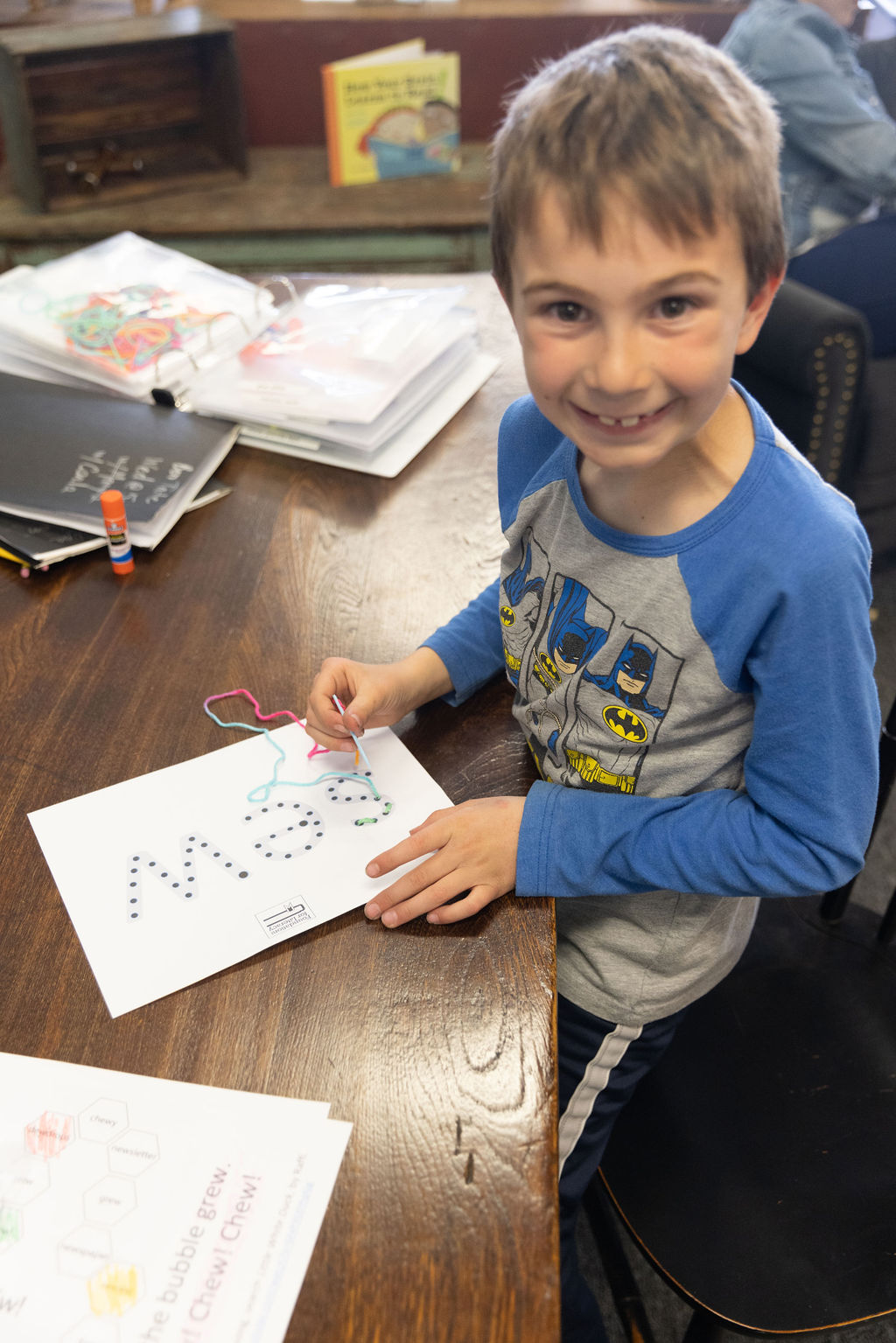
It’s that time of year when teachers are checking mid-year scores and sharing with parents that their children may need some extra support. We’re here at Book Bums, ready to serve more families in our communities.
Email [email protected] to schedule a free assessment with Dr. Christy today. We’ve got about a month-long wait, but we’ll do our best to get you in as soon as possible!
Remember, we equip students to navigate our code-based language by explicitly teaching them how words work. The best part is, we make it fun!
Tips for Families
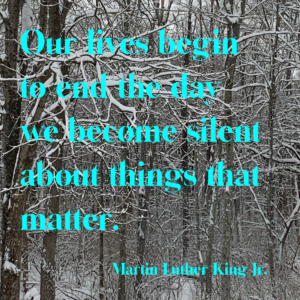
Every day I receive messages from parents and teachers asking for help for their kids who are struggling with learning to read and spell well.
Here’s one I received yesterday.
I just want to thank you again for all you are doing to help open students' minds in the area of reading. I can see your expertise and passion for early literacy skills. (My son) is really benefiting from what he is learning in the afterschool reading program at Creekside.
Per our conversation on Thursday, I would like access to your curriculum if you do not mind sharing. Thank you.
Here’s another one:
I’m looking to see if your program might be a good fit for my son. He is currently in first grade and is progressing slowly with his reading skills. Unfortunately, at this time, he has not “qualified” for reading intervention at his school and I really feel like he needs extra reading assistance outside of what I can do with him at home. At his last report card, he was at reading level E. He began first grade at level C. He doesn’t enjoy reading but I feel that is largely because he gets very frustrated when he doesn’t know words.
I appreciate any information you can provide on your services and your opinion on what might be the best course of action.
Here’s the last one I’ll share:
Hi Christy,
We don't know each other yet but, as I've networked over the last few years, I've had several people tell me "You have to talk to Christy from Book Bums!" so I thought I'd reach out.
Here’s the thing: I truly need to expand my reach in the field of education when it comes to literacy acquisition. I’ve got a lot to share, and I’m willing and able. Though I thought I’d begin a podcast a few years ago, today I’m committing to sharing what’s working so well for our students. The podcast will be for educators, tutors, and non-profit organizations.
Did you know that I had the opportunity to present the Foundations for Literacy curriculum to the Ohio Department of Education and Workforce this week? And I’m applying to be an Ohio Reading Intervention curriculum vendor. They’re expressly inviting folks who’ve created programs that align with the science of reading. I’ve been saying that we’ve been embracing the science of reading since before the science of reading was cool.
It's time we expand our reach!
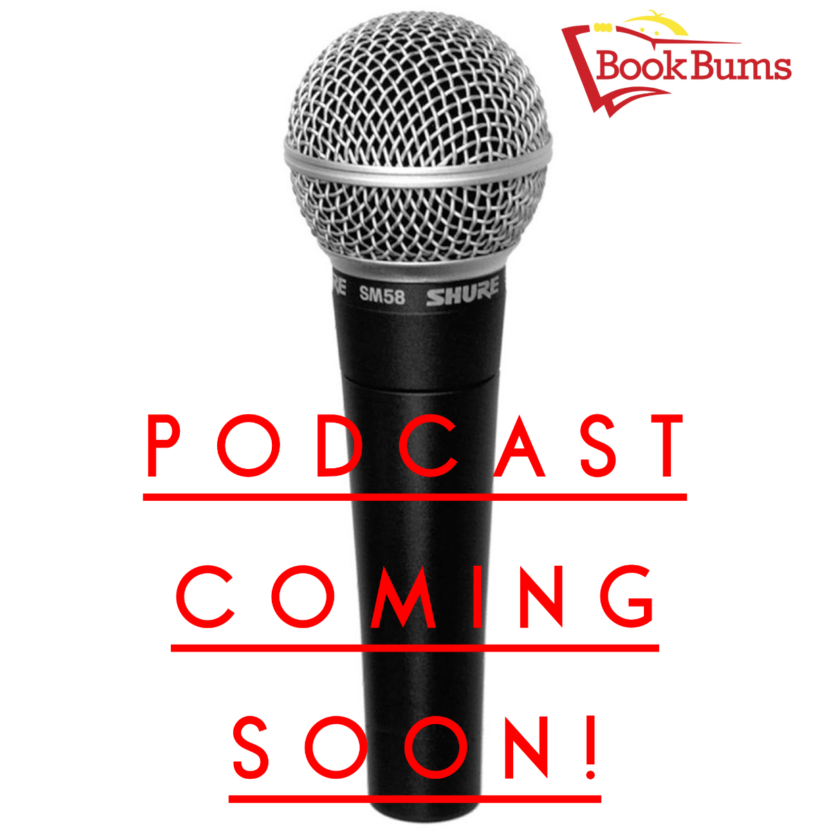
Wordology Workshop
- The Latin root judic means to judge.
- You can find it in words like judicial, adjudicate, prejudice, and judicious.
- Sometimes judic takes a slightly different spelling and we see jur or jus, but it all comes from the same root.
- Justice and jury come from these other spellings.
Practical Grammar
Consider the word judgmental.
We teach our students that ge, gi, and gy makes the g say /j/ like in gentle, ginger, and gymnastics. We also teach our students that c-e, c-i, and c-y say /s/ like in center, city, and cycle.
The word judge has an e there to make the g say /j/. Where did it go in the word judgmental?
This happens sometimes. Folks in the United States have a propensity for eliminating letters for simplicity’s sake. Unfortunately, some letters have been omitted and the result is only confusion.
This word doesn’t say /judg-mental/, but it sure looks like it does.
Just for Fun
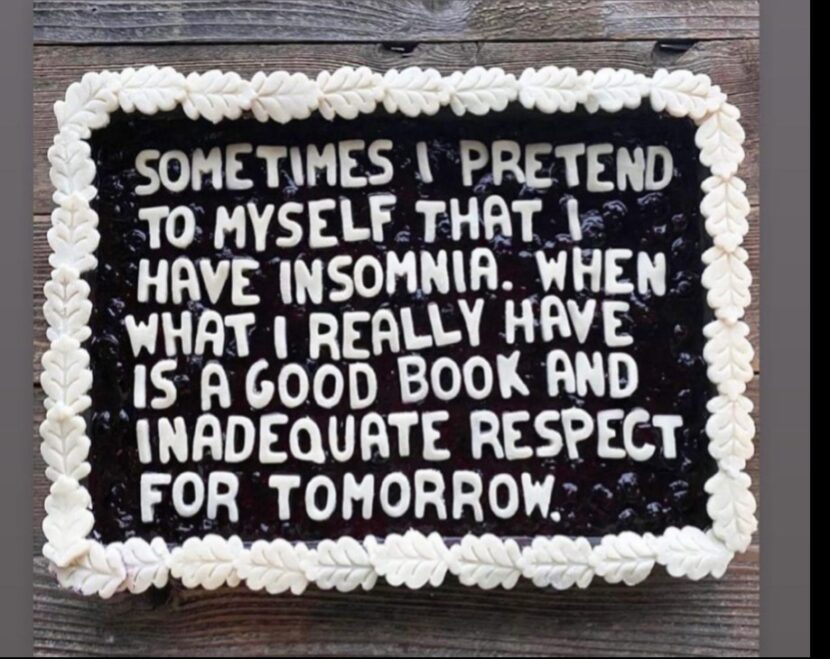
If you know someone who would benefit from our newsletter or tutoring at Book Bums, please share this email with them! Thank you.
Copyright © 2024 Book Bums, All rights reserved
Our mailing address is:
7967 Cincinnati-Dayton Road Suite L
West Chester, OH 45069
